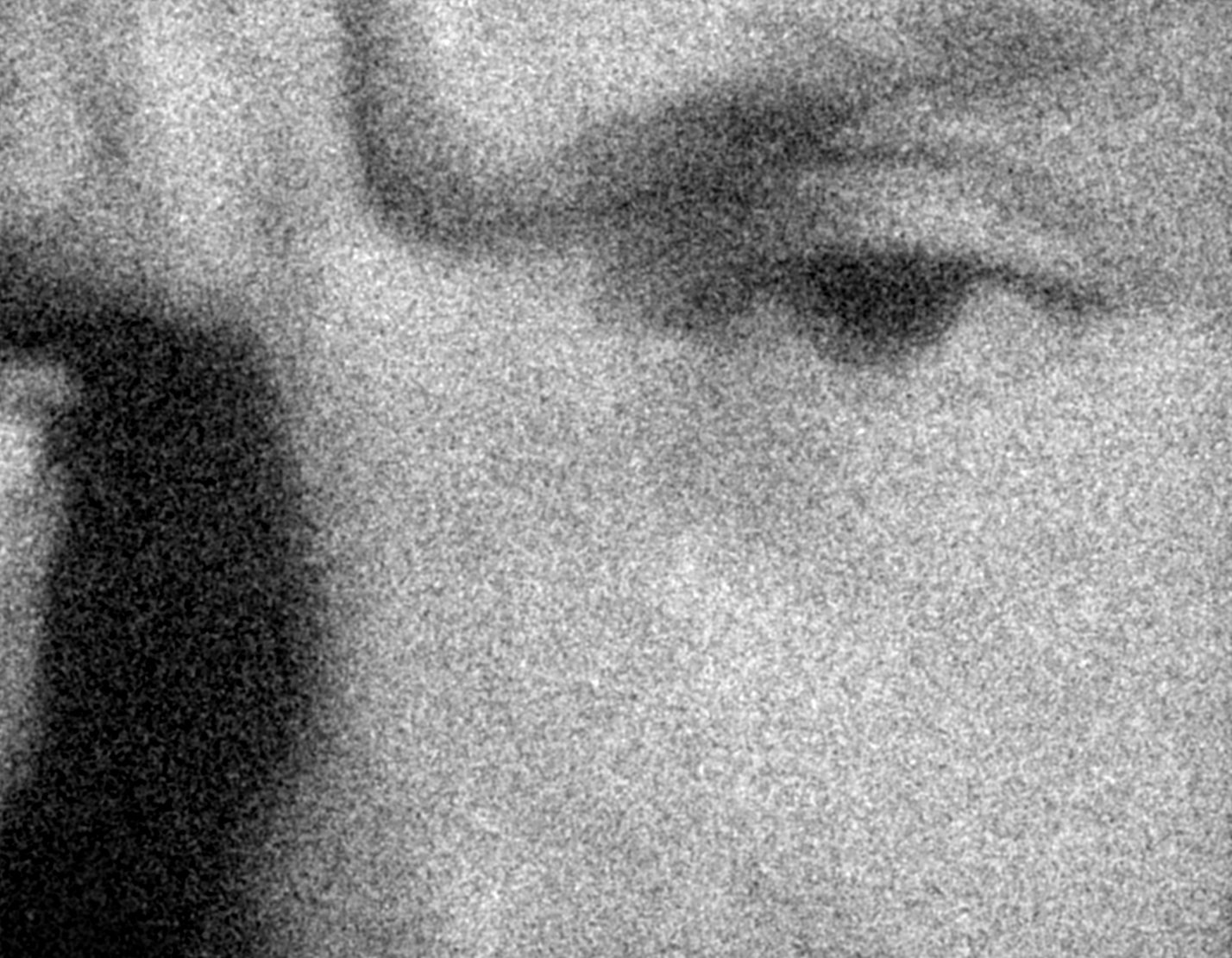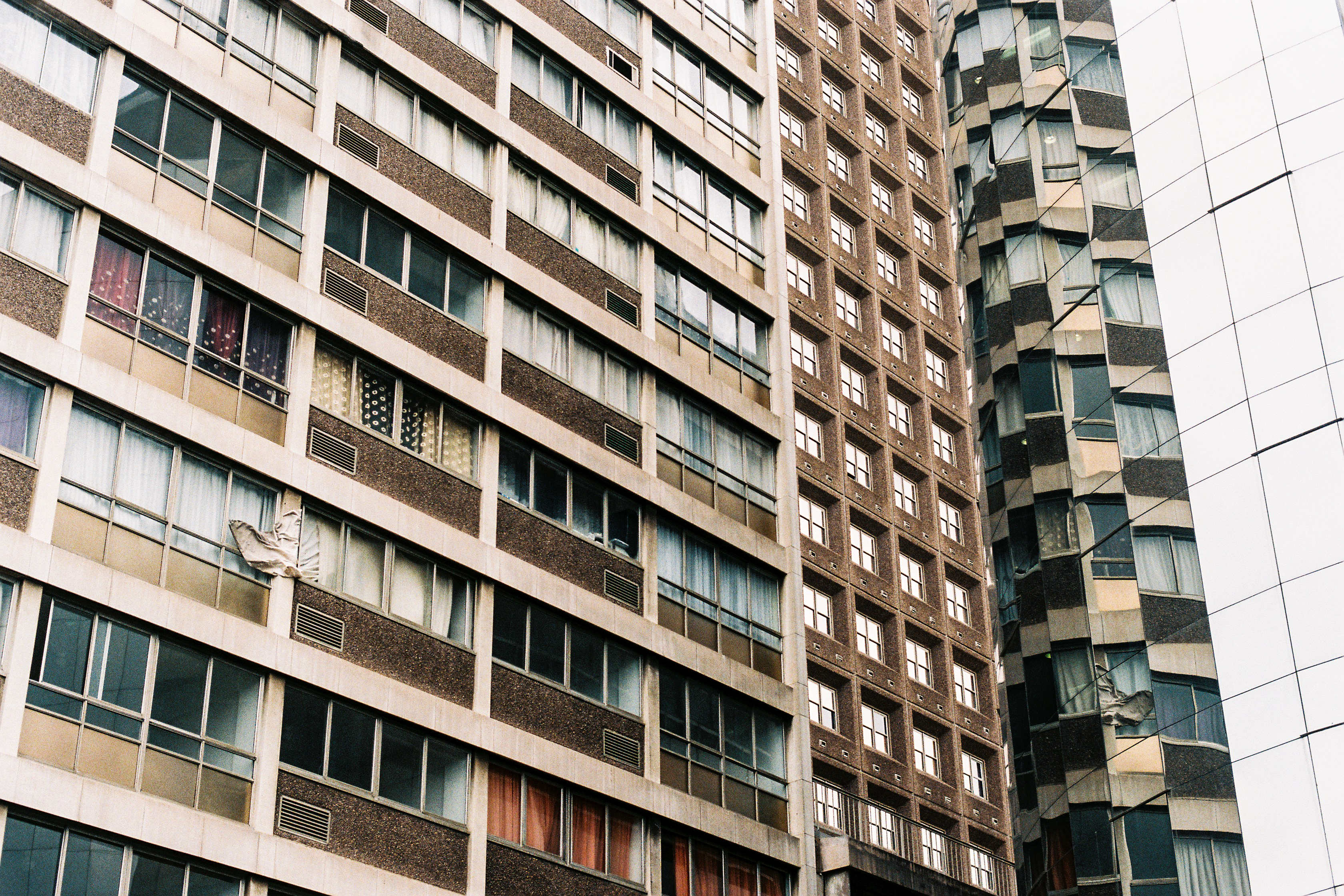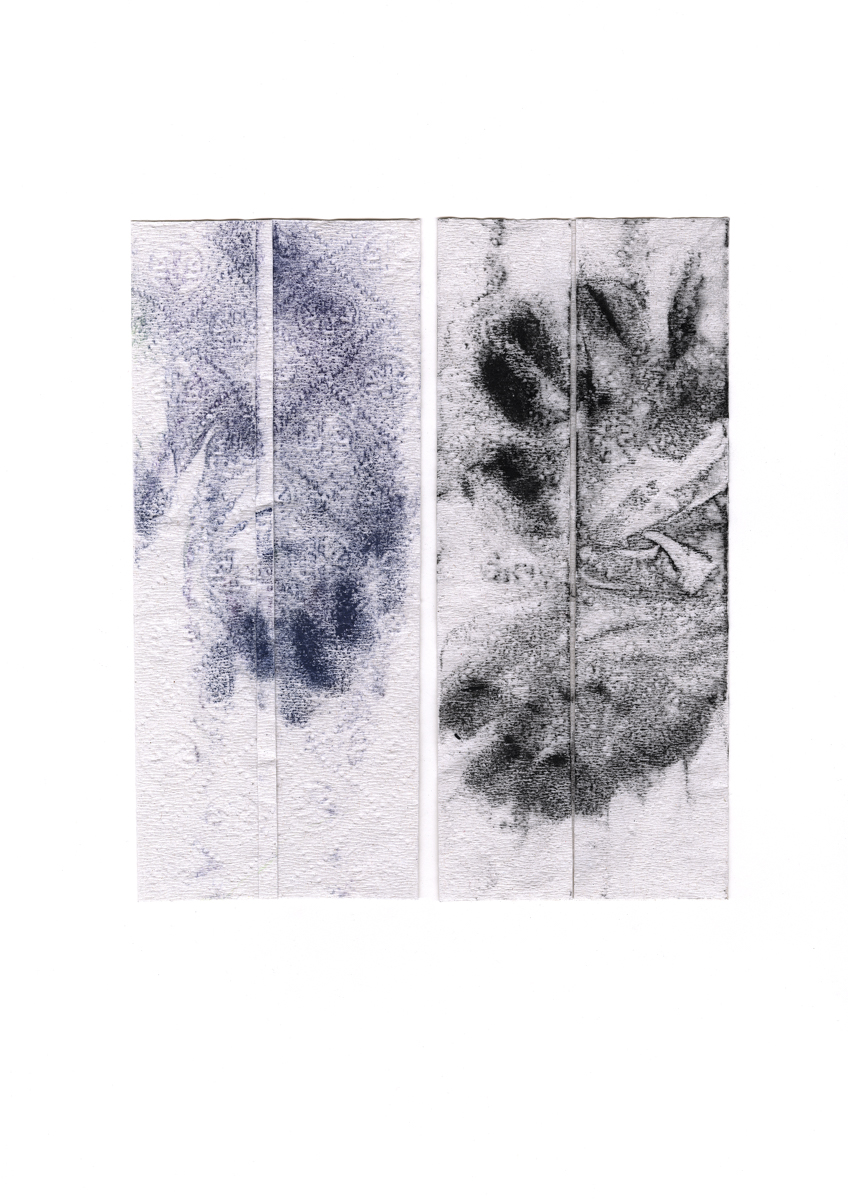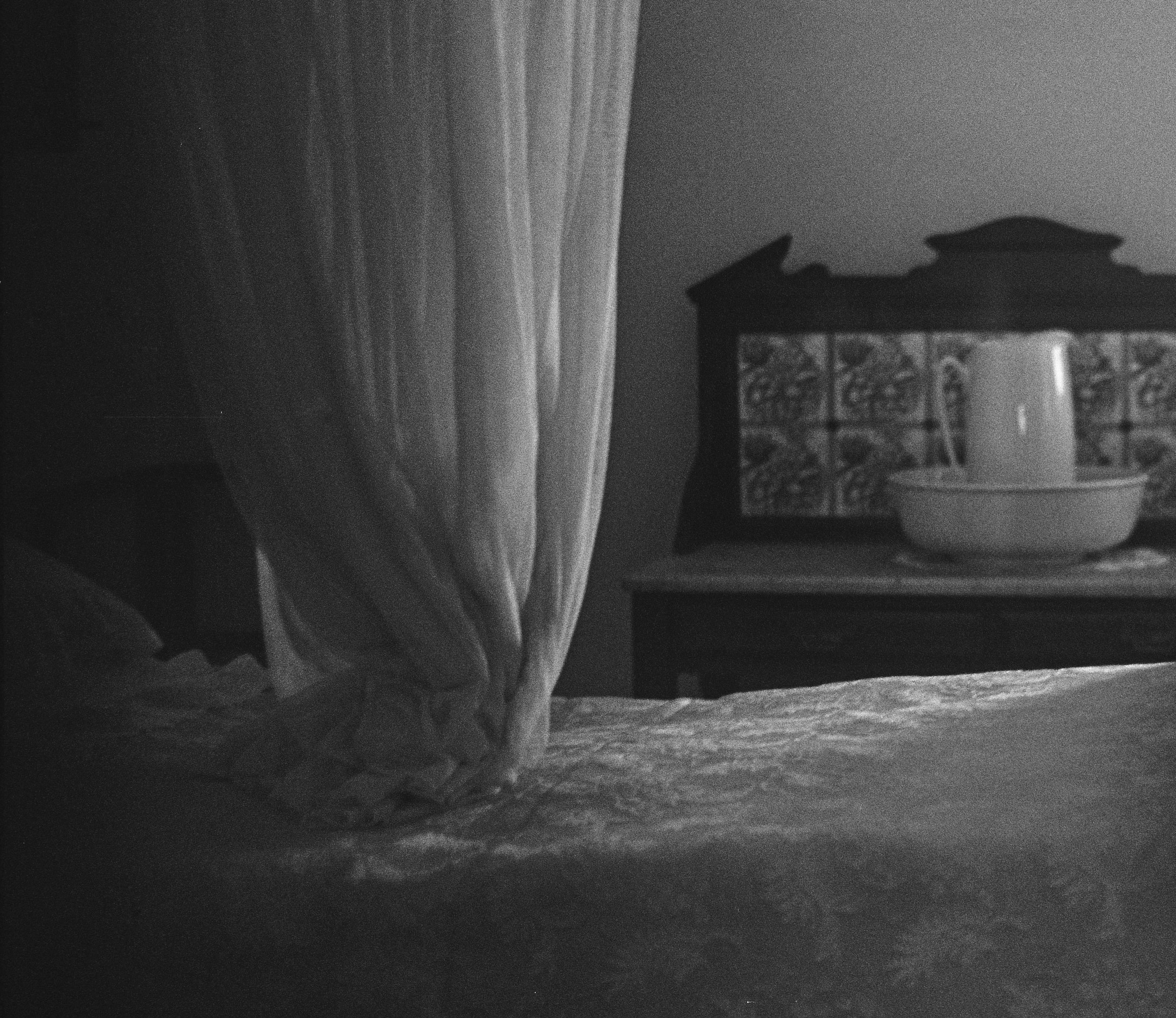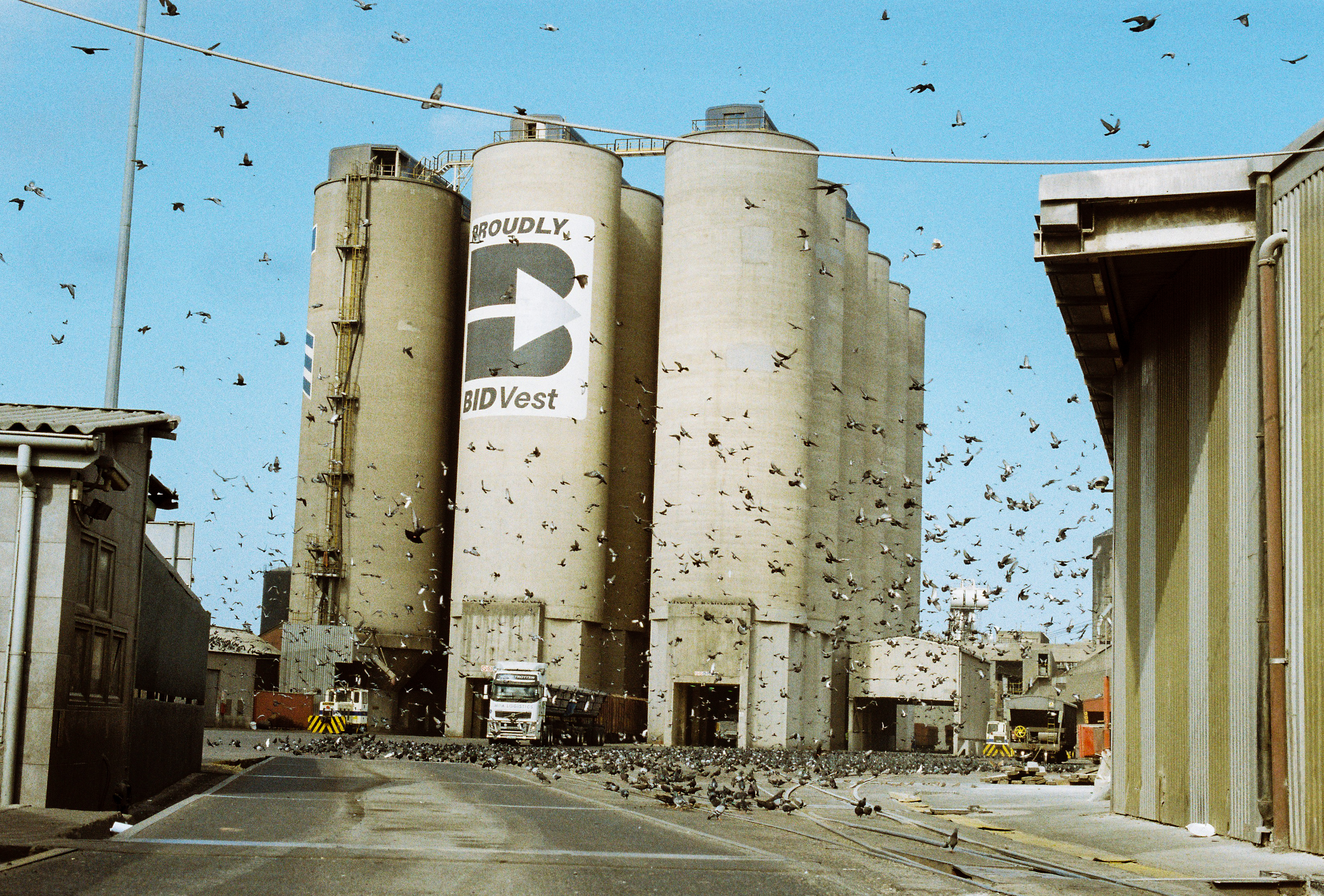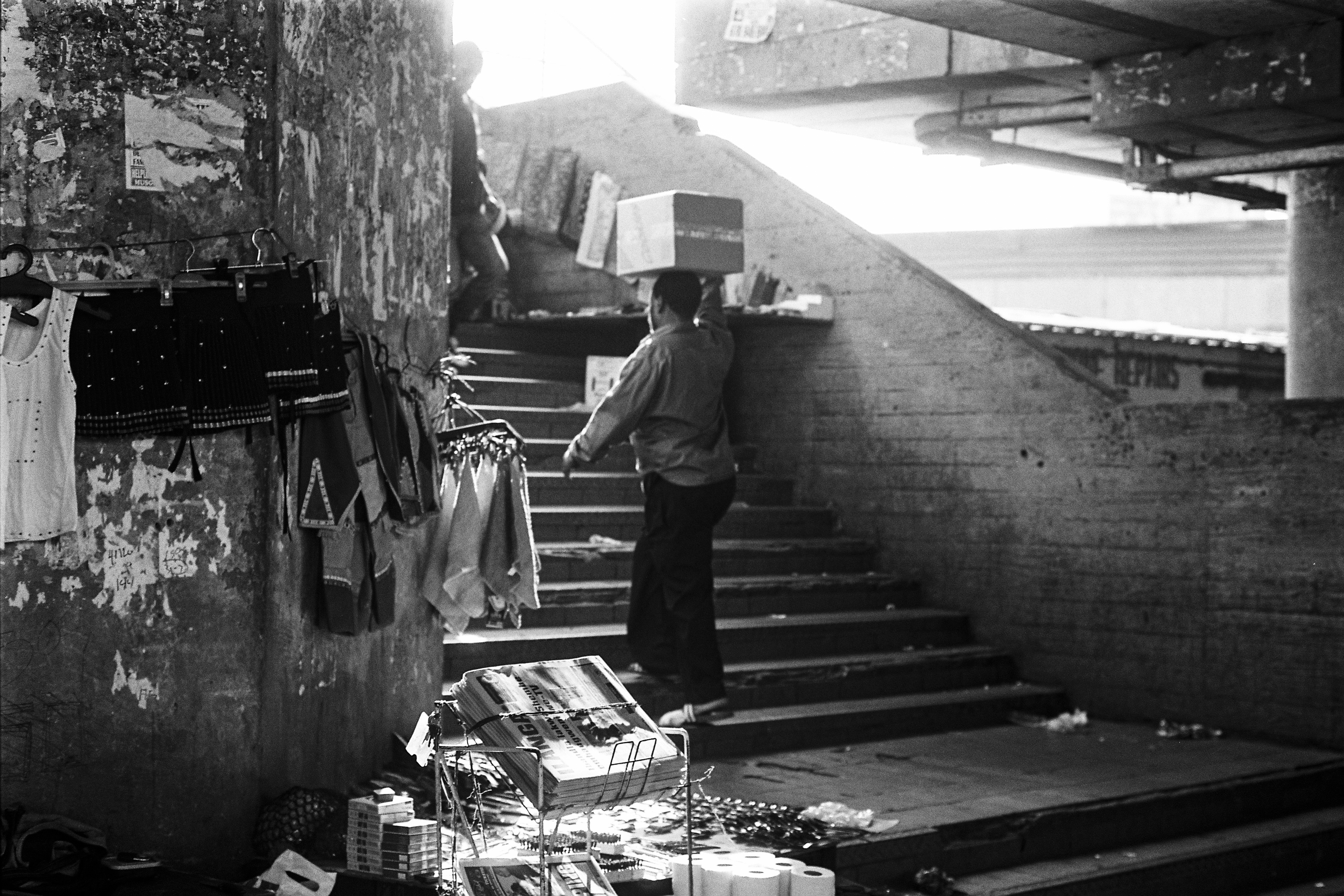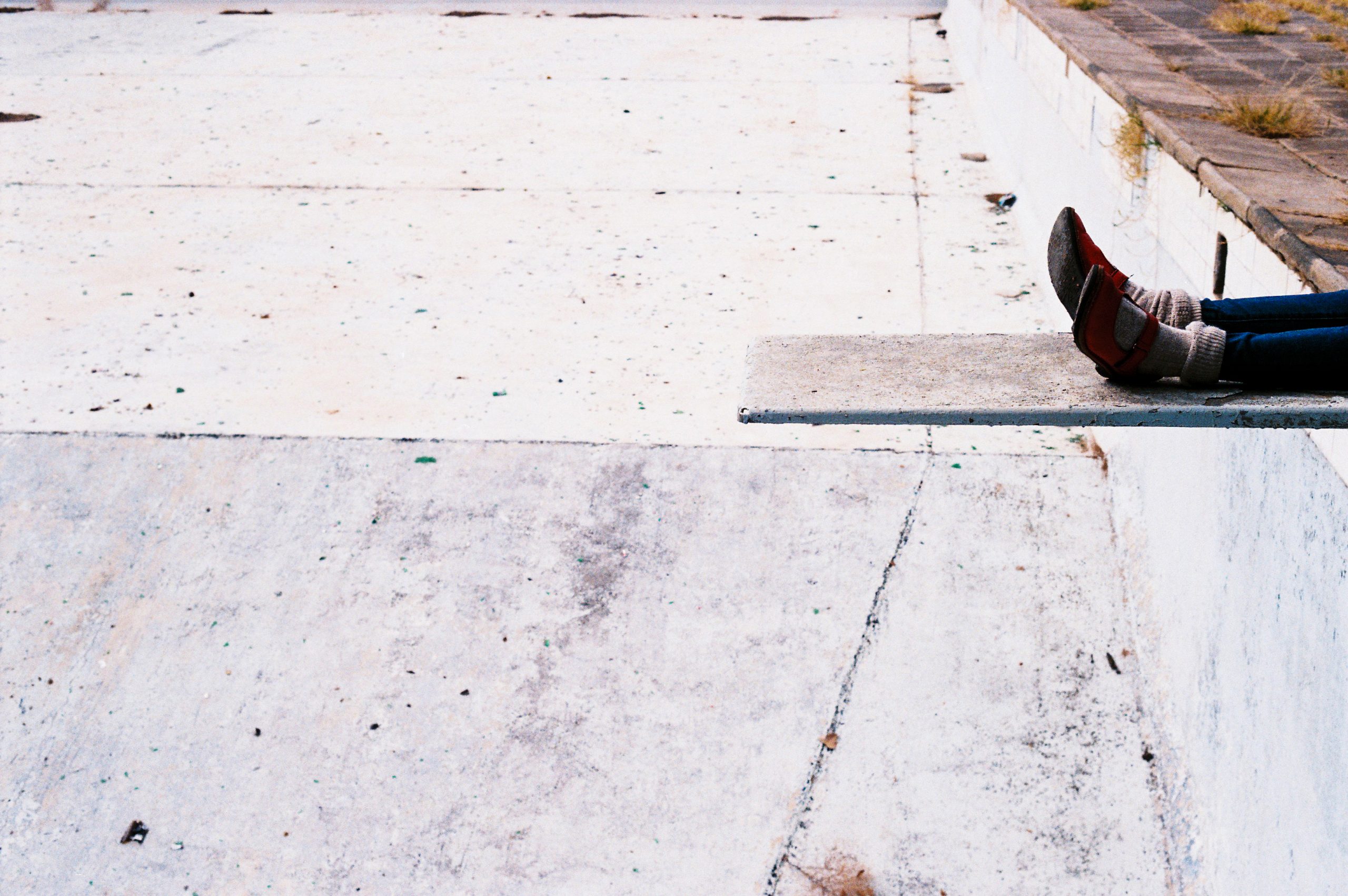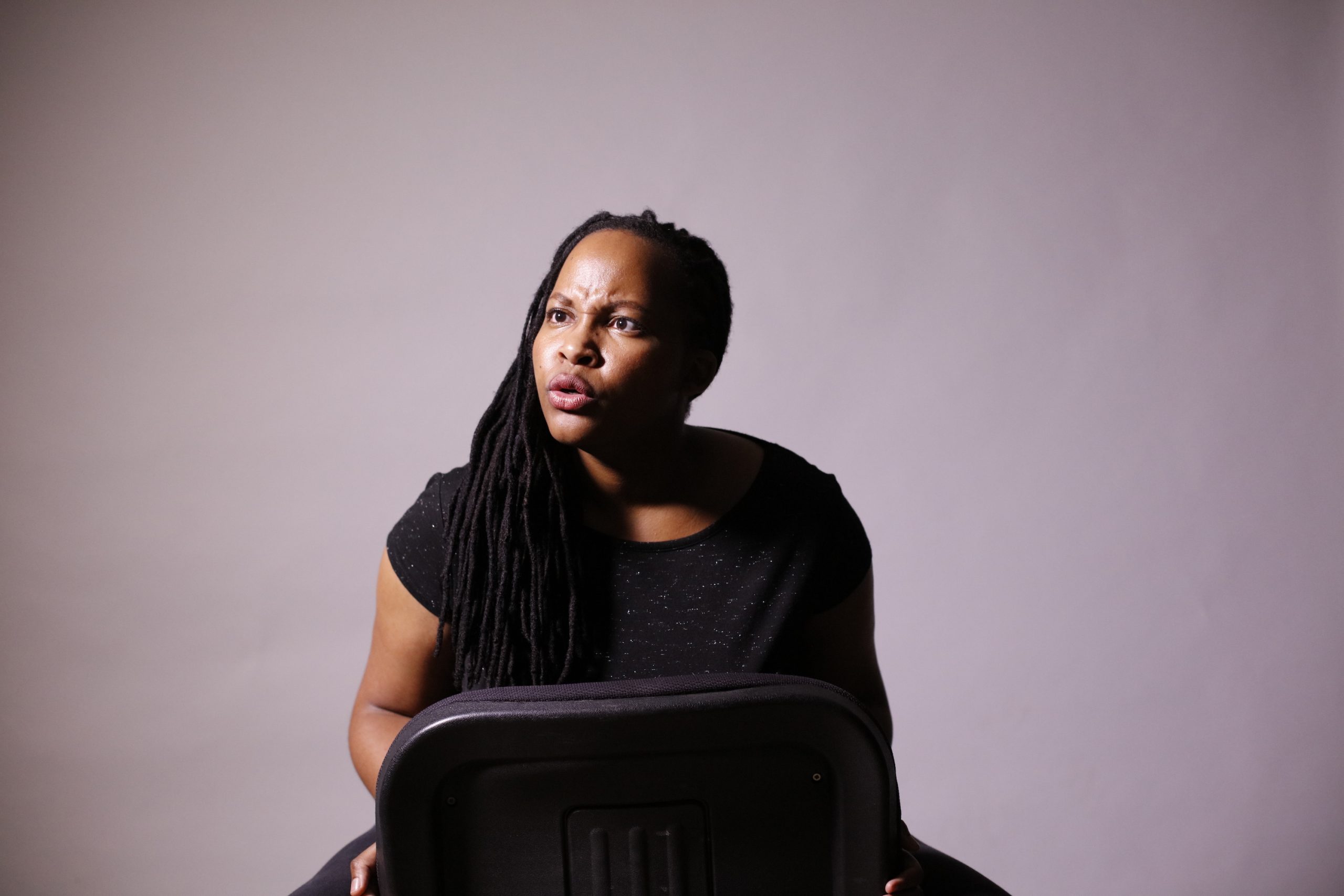“The day of birth for every human being is the start of a lifelong battle to adapt himself to an ever-changing environment. He is usually victorious and adjusts himself without pain. However, in one case out of 20 he does not adjust himself. In U.S. hospitals, behind walls like [those] shown here, are currently 500 000 men, women and children whose minds have broken in the conflict of life.”
(Excerpt from LIFE Magazine’s 1939 article and photo essay, “Strangers to Reason: LIFE Inside a Psychiatric Hospital. The beginning of Saaiqa’s artist statement)
Saaiqa is a Durban-based visual artist, writer and storyteller expressing herself through film, photography, installation and mixed media works. Plunged into the world of artistic evocation from childhood, her creativity was fuelled by a desire to understand, learn and observe from the world.
From a young age, Saaiqa was involved in theatre and the dramatic arts which she took part in until the end of her high school career.
“It’s interesting in retrospect, acting and learning how to inhabit another character from such a young age; I think you start to get a handle on how human psychology, experience and conditioning is translated and manifested in how we as individuals exist in the world.”
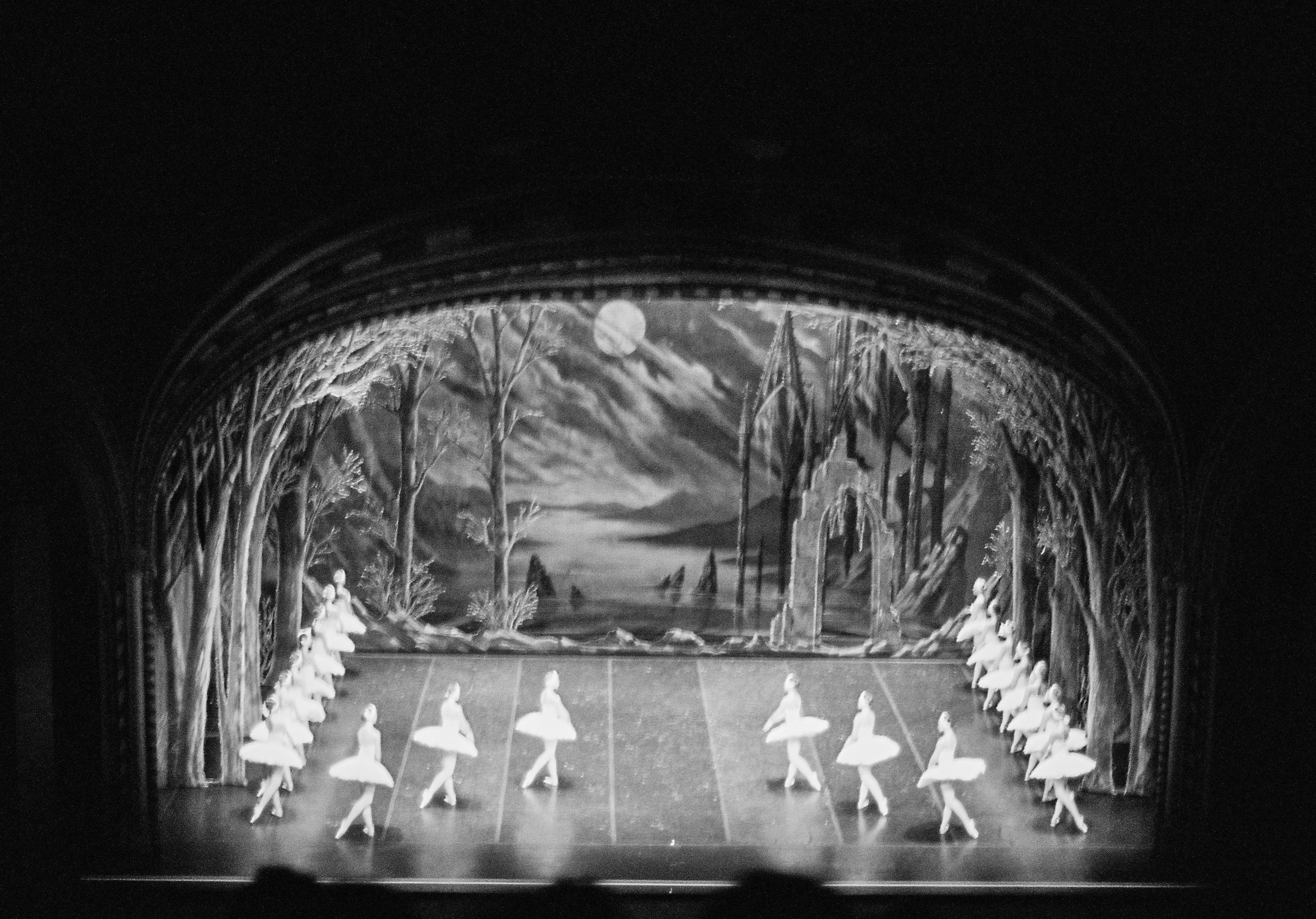
Saaiqa’s fascination with the mind stems from a deep-seated interest in mental health. “I believe we all suffer from some form of neurosis; it’s just an inevitability. Even if you are not mentally ill we all have been marked by life in some way.”
She continues to open up by saying that members of her immediate family are afflicted by mental illnesses such as schizophrenia. Her first-hand experience with this has shown her how difficult it is not only for the person afflicted by the illness but for the person’s loved ones to navigate the world living with this illness. She expresses that it is difficult to help someone in this position within a system that is broken and not very forgiving or understanding when it comes to mental health issues.
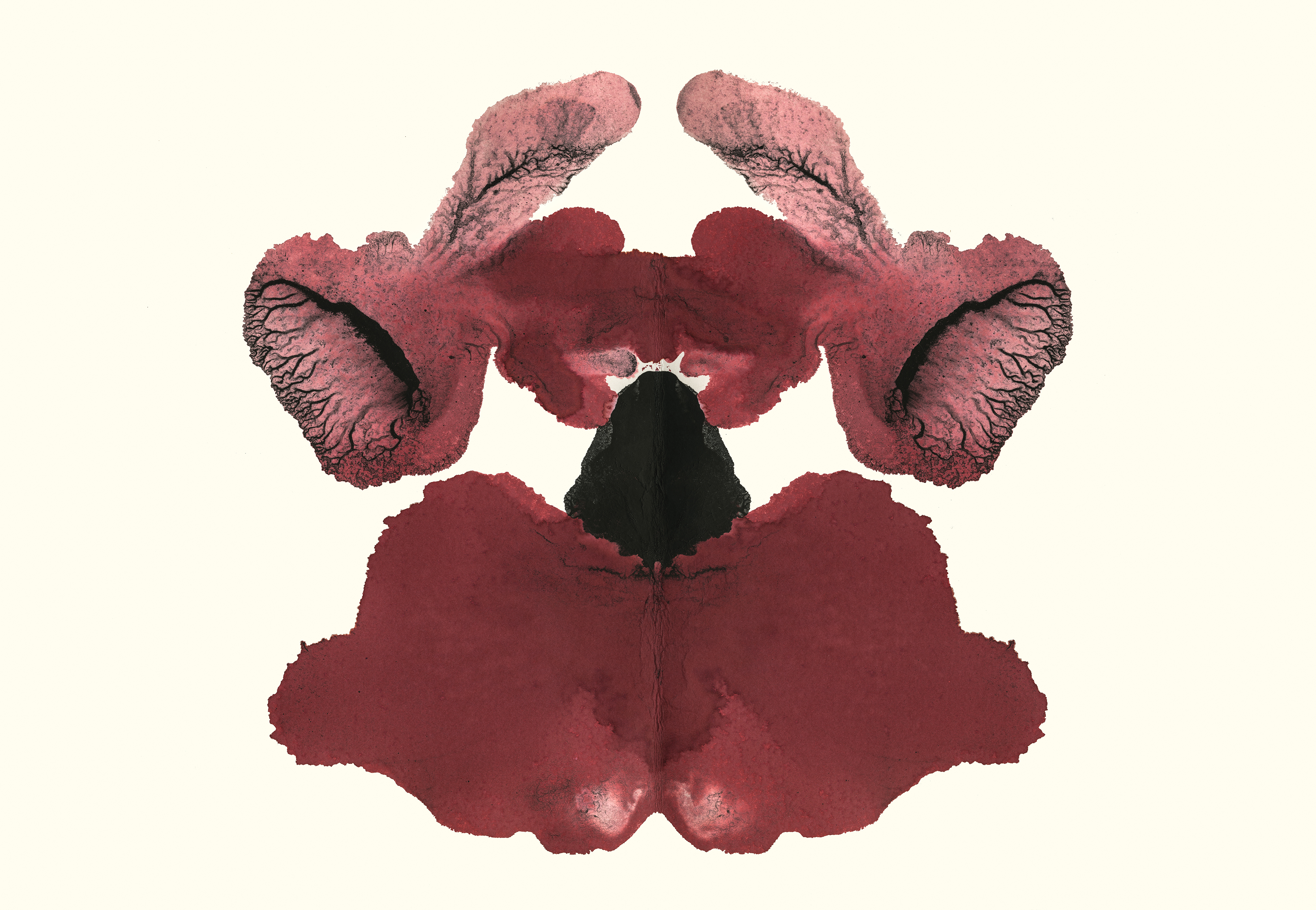
In unpacking her series Saaiqa explains that The Fourth Wall acts as a study of the psychological arena of the modern day human being. Through observation she has concluded that we are cognizant beings continuously attuning ourselves to an environment that is characterized by rapid change, causing both feelings of joy and of pain. Her aim with this body of work is to investigate this negation with life. This is achieved by witnessing the human condition as well as states of existentialism.
“I was motivated to explore a project like this because there is still a great amount of stigma, discrimination and a lack of education and discussion regarding mental illness and health in society. This often prevents people from seeking help and, particularly in under-resourced communities, this often leads to unfair criminal incarceration, homelessness, substance abuse and even suicide.”
Saaiqa continues to express that she feels that people have become more aware and are speaking about self-care but that she isn’t sure of the seriousness of people’s convictions. “I mean it can’t be this surface level thing; this romanticised tumblr type shit is not going to help people.”
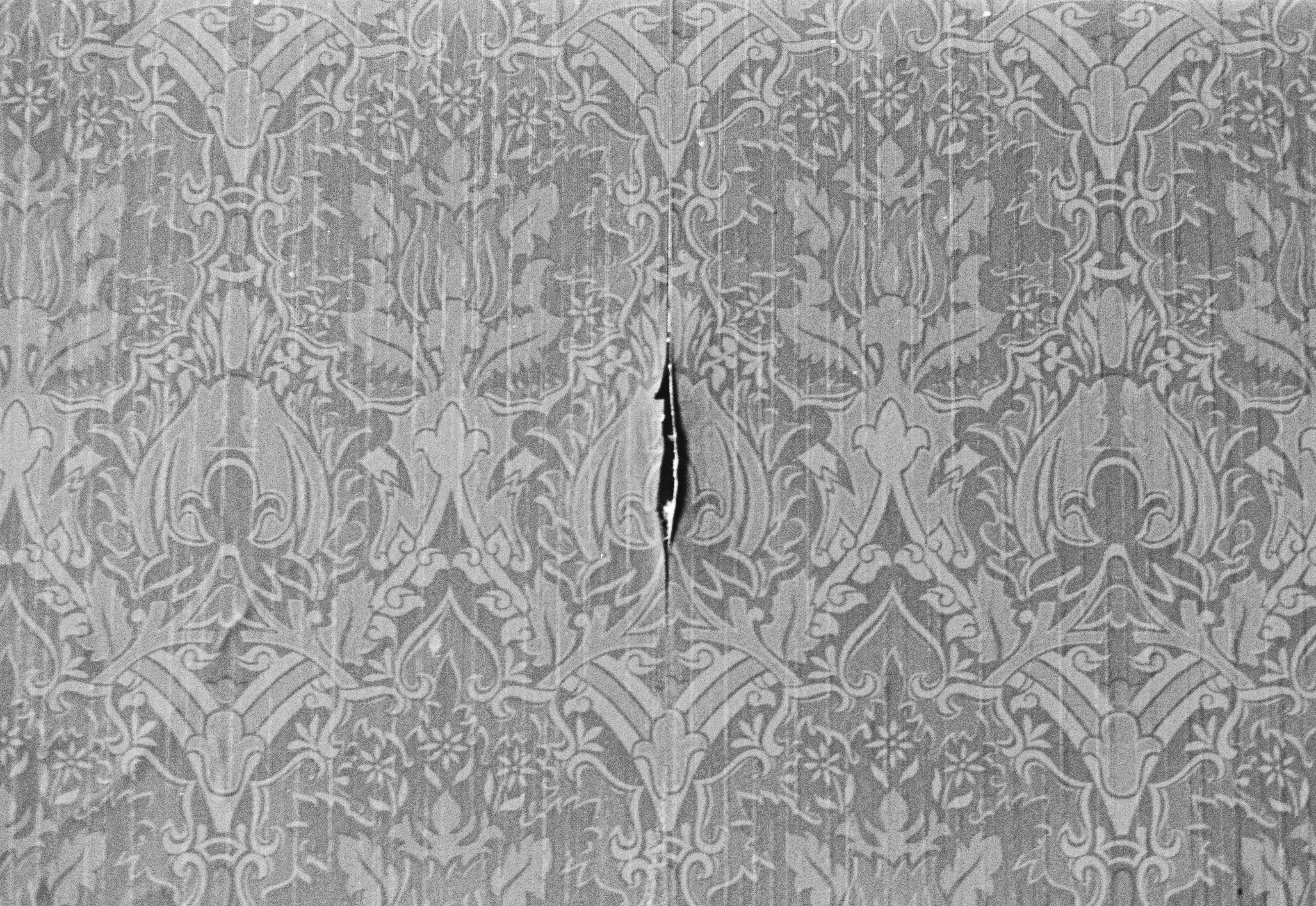
She explains the link that she made between the theatre and the mind by stating that to her it feels like the perfect metaphor. She sees the mind as a space where performances manifest. “It’s this place where we literally stage our fantasies, suppress trauma, where we interpret reality, create and destroy identity – it is a performance in constant flux. The theatre of the mind is where one continually finds and loses oneself over and over again, through the course of life.”
To create this body of work Saaiqa’s process was research heavy. She emphasises the importance of research to her practice regardless of how a project conceptually or visually manifests. She had come to the decision that to approach this subject matter she would use alternative visual approaches that include a variety of mediums such as scans, photomontages, Rorschach prints and an installation work.
“I observed space a lot; I also look at objects and still lives. I think that spaces and objects hold such power within narratives and can often be the centre of the most compelling images. It can also be important to consider, especially when certain ethical decisions need to be made when tackling complex visual stories.”

While creating this body of work Saaiqa was volunteering at a psychiatric hospital working in art therapy within the hospital. She regards volunteering as something that was very important for her to do. Although her series does not reflect issues surrounding mental health in a literal way, her experience in volunteering helped her gain a deeper understanding of different people who exist within alternative states.
“And because this also hits so close to home it was both an opportunity for experiential learning and a way for me to give back/ improve the lives (even if in some small way) of these people who are all too often forgotten by society. I worked in quite an intense unit, where a lot of patients had severe cases. It was definitely an eye-opening experience, even for me. The combination of poverty, economic strife, social stigma, lack of education, the exacerbation of some situations created by religion and culture – all form an immense barrier and lead to disastrous outcomes for most individuals. I learnt a great deal about mental health and the state of healthcare in South Africa. I also learnt a lot about myself during this time as well as the lives of women, which was interesting. In that environment, you realise how fragile we all are and how we all undermine our own and each other’s mental health.”
